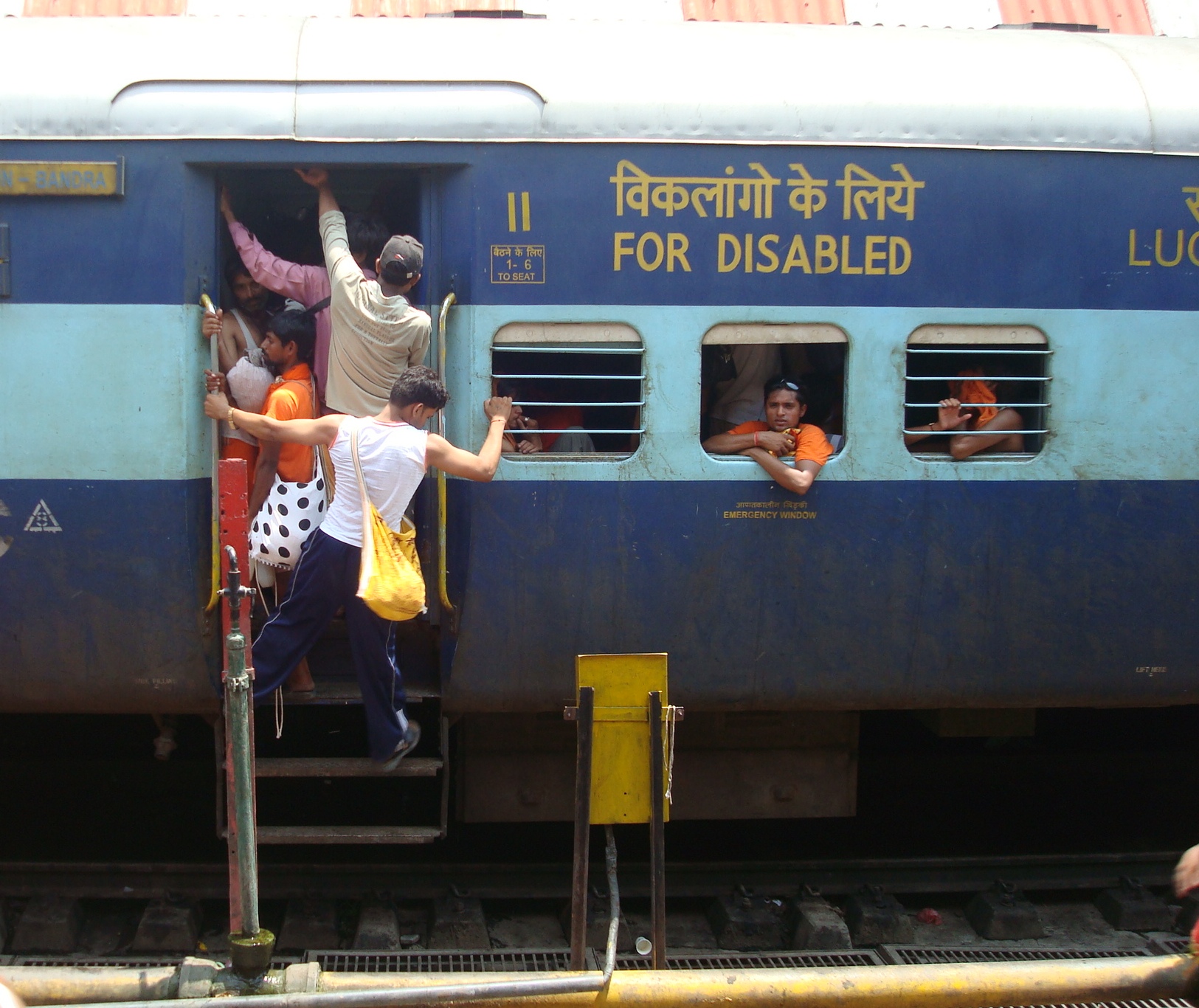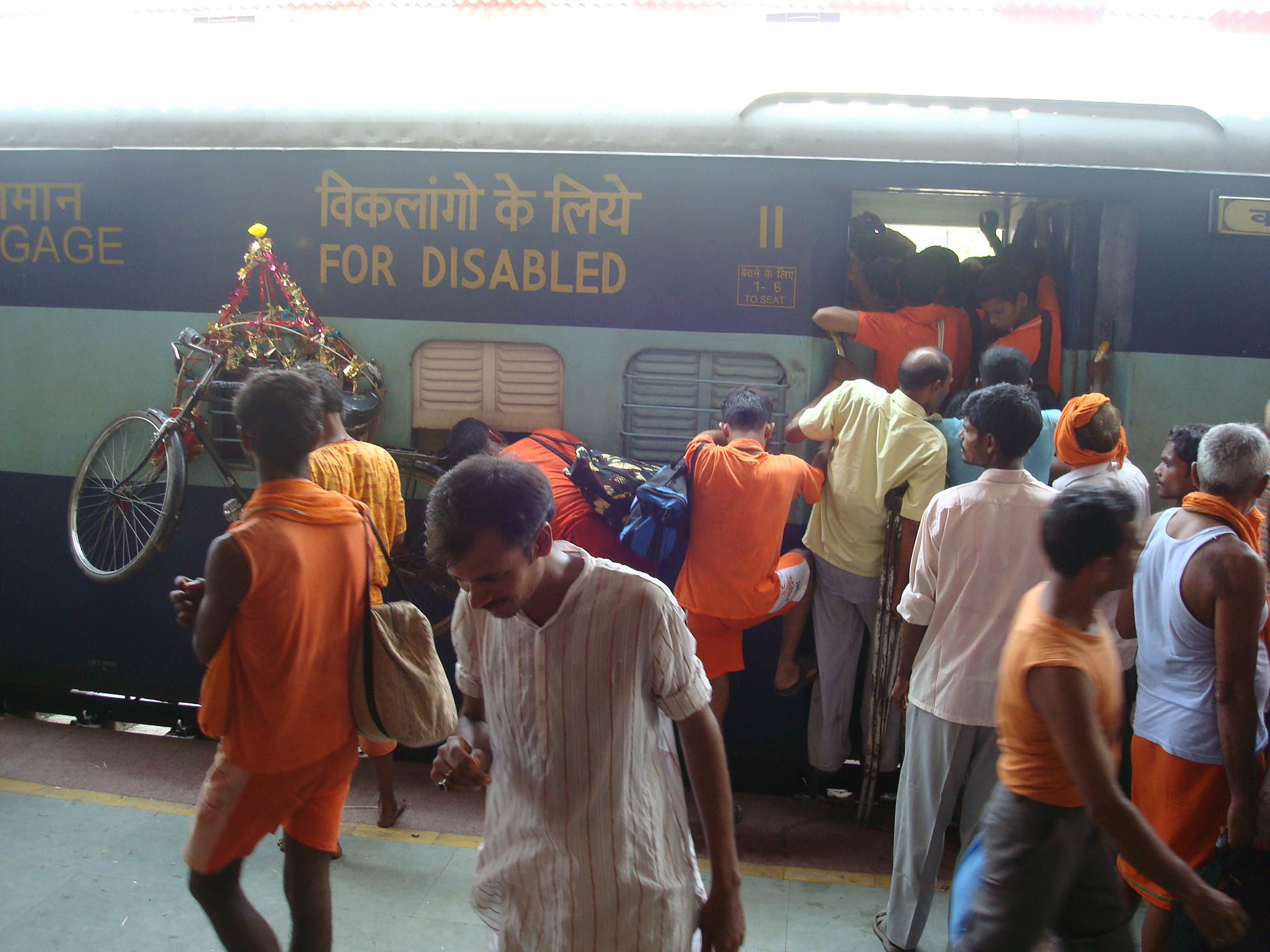Dear Friends,
I am appending the letter at the request of Uwe Rutenberg of Rutenberg Design, Inc. He and Dr. Kate Hunter-Zaworski of the National Center for Accessible Transportation are conducting research on the “Use of Mobility Devices on Para-transit Vehicles and Buses.” The research is being conducted for TRB under TCRP Project C-20. An important part of the research is getting input from all stakeholders on this issue— transit and para-transit riders who use mobility devices, transit agencies, vehicle and equipment manufacturers, agencies that purchase mobility devices, and others.
The letter below describes the project in more detail and provides unique survey links for each type of stakeholder.
I would encourage you to assist in this study by completing the appropriate survey. I would also encourage you to forward the information to others who you feel could provide valuable input for the purposes of this research.
Survey Request Letter:
NATIONAL TRANSIT ACCESSIBILITY SURVEY REQUEST
July 9, 2012
To whom it may concern:
The National Center for Accessible Transportation, under the Transit Cooperative Research Program (TCRP), is conducting Project C-20, “Use of Mobility Devices on Paratransit Vehicles and Buses. “The objectives of this project are to (1) identify and assess the current and emerging issues which limit the use of mobility devices in paratransit vehicles and buses and (2) develop guidance and options to assist transit systems, manufacturers, and transit users in the implementation of accessible design and accommodation solutions for the short and long term. This research should address potential safety improvements and the level of service of public transport for larger and heavier occupied mobility devices in paratransit vehicles and buses.”
A major task of this project is to gather information from a diversity of stakeholders on the use of mobility devices on public transportation vehicles. In addition, the survey activities will address questions for manufacturers of mobility aids, public transport vehicles, and boarding and securement equipment manufacturers, insurance agencies, as well as transit users.
To complete the online National Transit Accessibility Survey, please go to the following:
For Wheeled Mobility Device manufacturers, importers, vendors and distributors
http://myopinion.oregonstate.edu/mobility
For Transit Agencies
http://myopinion.oregonstate.edu/paratransit
For Wheeled Mobility Device Users
http://myopinion.oregonstate.edu/mydevice
The other surveys are available for download at: http://ncat.oregonstate.edu/?p=projects/c20#surveys
Survey for Lift and Ramp Manufacturers
Survey for Securement and Seating Manufacturer
Survey for Fare Payment Manufacturer, Distributors
Survey for Agencies that Fund Mobility Devices
Survey for Transit Vehicle Manufacturers
Please return surveys by mid-August 2012, by either email ncat@oregonstate.edu or Fax to 541-737-3052.
We also ask that you forward this survey invitation to colleagues who work in accessible transport services, whether or not you take the survey. We hope to enlist the participation of as many transit professionals as possible. All individuals participating in the study must be 18 years or older.
All data will be reported in the aggregate so that no identifying information is available. The security and confidentiality of information collected from you online cannot be guaranteed. Information collected online can be intercepted, corrupted, lost, destroyed, arrive late or incomplete, or contain viruses. Your participation in this study is voluntary and you may skip any question you choose not to answer.
If you have trouble accessing the survey, please forward this email to Lydia Newton (newton@science.oregonstate.edu) at the Oregon State University Survey Research Center and describe the issue. For other questions, please contact Katharine Hunter-Zaworski katharine.hunter-zaworski@oregonstate.edu at the National Center for Accessible Transportation. This study has been reviewed and approved by the Oregon State University Institutional Review Board for Human Subjects which can be reached at 541-737-8008 or at irb@oregonstate.edu.
Again, please feel free to forward this survey invitation, and thank you for your assistance.
Sincerely,
Dr. K.M. Hunter-Zaworski. P.E.
Director, National Center for Accessible Transportation
cc: TRB Representative



